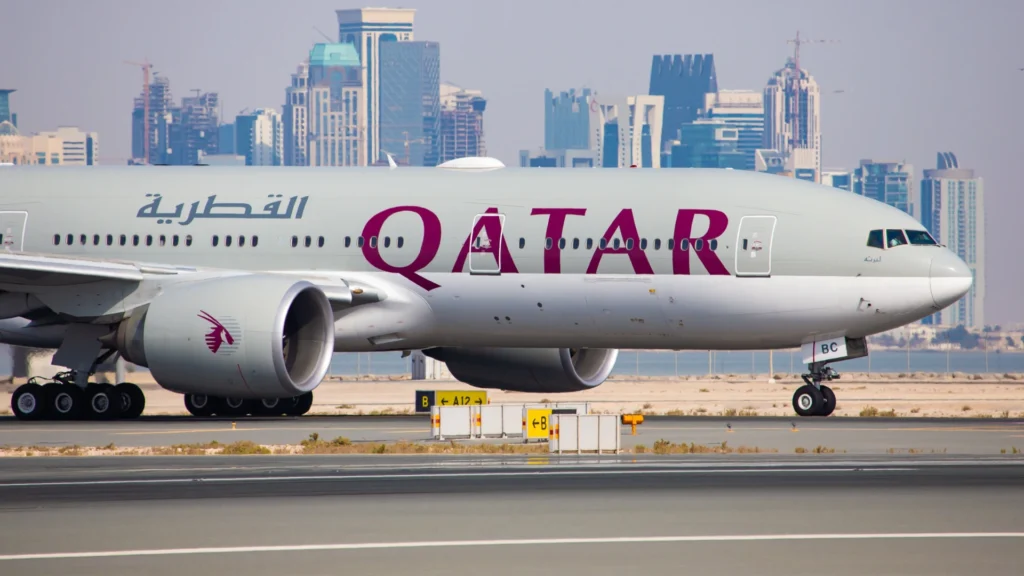Qatar Airways says it is well-positioned to absorb the impact of newly introduced tariffs, even as the global aviation sector begins to feel mounting pressure from increased trade restrictions and geopolitical tensions. In a recent interview from Doha, Chief Executive Officer Badr Al-Meer addressed the growing concerns surrounding import tariffs, especially those rolled out by the U.S. under President Donald Trump.
“If I tell you tariffs are not impacting us, I will not be honest with you,” Al-Meer admitted. “Of course, it will have an impact on our supply chain, on our cargo operation.”
To mitigate the risk, the airline has strategically stockpiled aircraft spare parts, a critical move that ensures its operations remain uninterrupted despite rising costs or potential difficulties in sourcing materials. This inventory buffer is expected to shield the airline in the short to medium term from some of the supply chain volatility that has begun to affect competitors.
While air freight costs may climb due to import duties, Al-Meer emphasized that Qatar Airways is prepared to “absorb and adapt with any changes.” He pointed to strong passenger demand as another stabilizing factor, noting that demand remains robust enough to support current ticket pricing levels without immediate increases being passed on to consumers.
The remarks come at a time when the global airline industry is navigating a complex landscape. The Trump administration’s tariff policies—targeting several U.S. trading partners—have created ripple effects across multiple sectors, including aviation. Airlines are not only facing higher prices for parts and materials but are also bracing for the possibility of tariffs on new aircraft purchases, a major capital expense.
The broader economic climate is also creating challenges. In the U.S. and other major travel markets, inflationary pressure, rising consumer prices, and financial market instability have begun to influence travel behavior. Some travelers are cutting back, or opting for cheaper alternatives, prompting concerns about slowing demand in the months ahead.
Still, Qatar Airways’ preparedness and proactive strategy may give it a competitive edge. The airline has long emphasized operational resilience, and its global route network and strong presence in both passenger and cargo segments make it more flexible in responding to supply chain disruptions.
Al-Meer’s remarks reflect the airline’s determination to remain agile in a shifting economic and political environment. While challenges persist, particularly in sourcing parts and maintaining cost efficiency, the CEO’s message was clear: Qatar Airways is not only ready to navigate the turbulence—it’s already doing so.






